Welcome to My Blog!
Before we dive into the content, I’d love for you to join me on my social media platforms where I share more insights, engage with the community, and post updates. Here’s how you can connect with me:
Facebook: https://www.facebook.com/profile.php?id=100072217509763
LinkedIn: https://www.linkedin.com/company/74949059/admin/dashboard/
YouTube:https://www.youtube.com/@tractormanufacturer-lc5qz
TikTok: https://www.tiktok.com/@tractormanufacturer
Now, let’s get started on our journey together. I hope you find the content here insightful, engaging, and valuable.
Table of Contents
Introduction
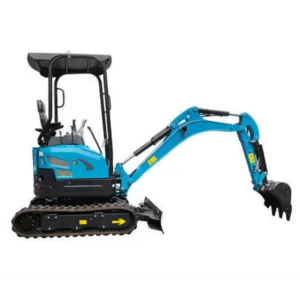
Excavators are essential machines in construction, mining, and infrastructure projects. Their versatility, power, and efficiency make them a fundamental part of excavation, earthmoving, and material handling tasks. However, selecting the right excavator for your project requires careful consideration of various factors, including size, type, operational efficiency, and terrain adaptability.
In this comprehensive guide, we will explore how to choose the best excavators for your project. We will discuss different types of excavators, key selection criteria, and tips for maximizing efficiency. Whether you’re in construction, demolition, or landscaping, this article will help you make an informed decision when investing in excavators.
Understanding Different Types of Excavators
Crawler Excavators
Crawler excavators, also known as track excavators, are the most common type used in heavy-duty construction projects. Their tracked undercarriage provides stability on uneven and rough terrain, making them ideal for large-scale earthmoving and excavation tasks.
Wheeled Excavators
Wheeled excavators are similar to crawler excavators but use wheels instead of tracks. These machines are best suited for urban projects where mobility and speed are crucial. They can move between job sites faster and are ideal for roadwork and municipal construction.
Mini Excavators
Mini excavators are compact and lightweight, making them perfect for small-scale projects such as landscaping, residential construction, and utility installations. Their small footprint allows them to operate efficiently in tight spaces.
Long-Reach Excavators
These excavators feature an extended arm and boom, making them ideal for dredging, deep excavation, and demolition tasks. They are often used in riverbank projects and large-scale site preparations.
Hydraulic Excavators
Hydraulic excavators use advanced hydraulic systems for increased precision and efficiency. These machines are commonly used in mining, large-scale construction, and infrastructure development.
Key Factors to Consider When Choosing an Excavator
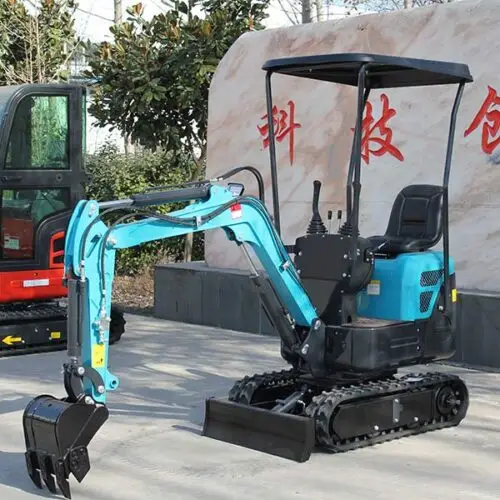

Project Requirements
Before selecting an excavator, evaluate the specific needs of your project. Consider factors such as digging depth, material handling capacity, and the terrain conditions of your worksite.
Size and Weight Capacity
Excavators come in different sizes, ranging from compact mini excavators to heavy-duty models. Selecting the right size ensures efficiency and cost-effectiveness. Larger excavators offer more power, while smaller models provide greater maneuverability.
Terrain and Mobility
For rough or uneven terrain, crawler excavators are the best choice due to their stability. In contrast, wheeled excavators are suitable for urban projects that require frequent movement between sites.
Attachment Compatibility
Excavators can be equipped with various attachments, including buckets, hydraulic hammers, augers, and grapples. Choosing an excavator with multi-function capabilities enhances its versatility for different tasks.
Fuel Efficiency and Operating Costs
Fuel consumption and maintenance costs play a significant role in operational efficiency. Modern excavators with advanced fuel-saving technologies can reduce costs and improve environmental sustainability.
Brand and Reliability
Choosing a reputable excavator brand ensures reliability, durability, and ease of maintenance. Research manufacturers with proven track records in the construction industry.
Table: Excavator Selection Guide
| Excavator Type | Best For | Terrain Adaptability | Mobility | Key Features |
|---|---|---|---|---|
| Crawler Excavator | Heavy-duty construction, mining | Excellent for rough terrain | Low | Stable, powerful, suitable for deep excavation |
| Wheeled Excavator | Urban construction, roadwork | Limited to flat terrain | High | Fast, easy to transport, great for city projects |
| Mini Excavator | Small-scale landscaping, residential construction | Good for compact spaces | High | Lightweight, fuel-efficient, versatile |
| Long-Reach Excavator | Dredging, deep excavation, demolition | Suitable for large areas | Low | Extended reach, ideal for waterways |
| Hydraulic Excavator | Mining, large infrastructure projects | Good for all terrains | Medium | Advanced hydraulic system, high efficiency |
Best Practices for Maximizing Excavator Efficiency
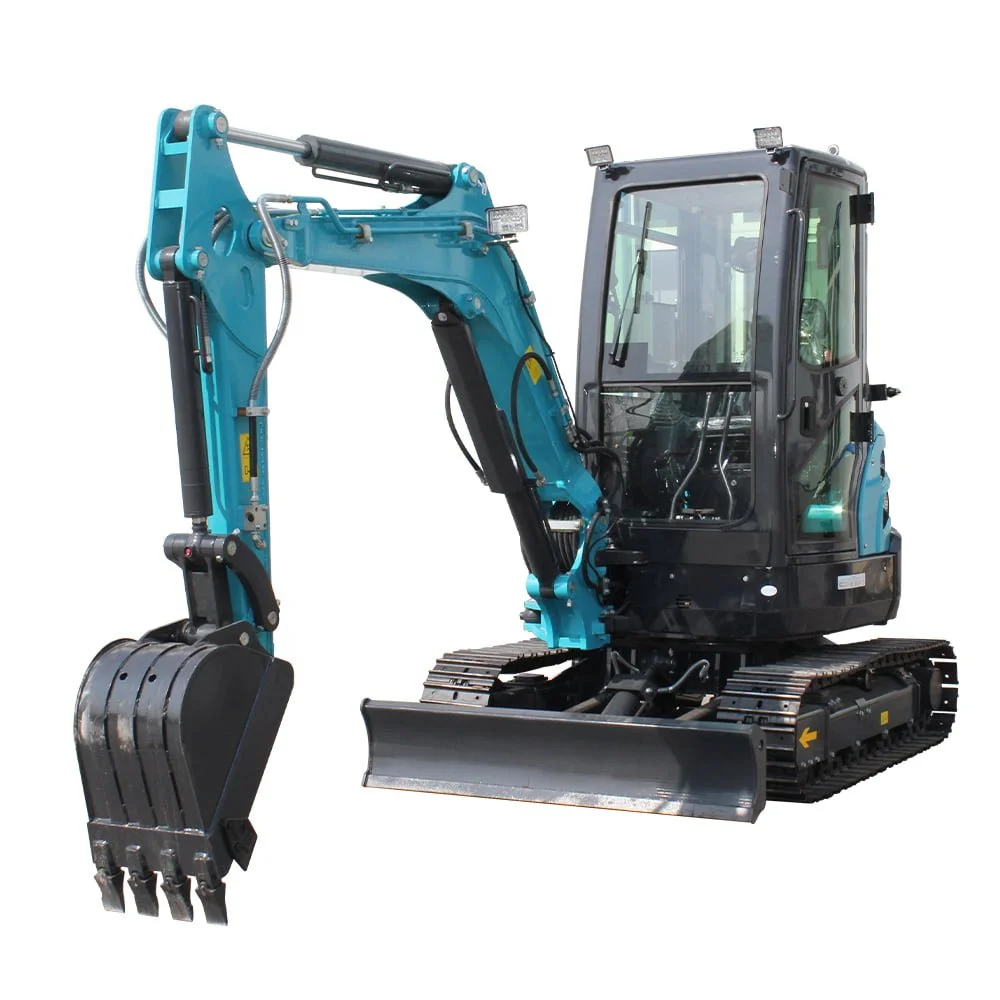
Proper Machine Operation
Training operators to handle excavators correctly ensures safety and efficiency. Skilled operation minimizes wear and tear while maximizing productivity.
Regular Maintenance
Routine inspections, fluid checks, and part replacements prevent breakdowns and extend the lifespan of your excavator. Keeping the machine in optimal condition reduces unexpected downtime.
Choosing the Right Attachments
Using the appropriate attachments for specific tasks increases efficiency. For example, using a hydraulic hammer for demolition or an auger for drilling ensures precise and effective work.
Fuel Optimization Strategies
Investing in fuel-efficient models and maintaining optimal engine performance reduces fuel consumption and operating costs. Modern excavators with eco-friendly technologies contribute to long-term savings.
Conclusion
Selecting the best excavator for your project involves understanding different excavator types, evaluating key selection criteria, and considering cost-effectiveness. By carefully assessing project requirements, terrain conditions, and machine capabilities, you can invest in the right excavator that maximizes productivity and efficiency.
Regular maintenance, proper operation, and the right attachments further enhance excavator performance. Whether you need a compact mini excavator for small-scale work or a heavy-duty crawler excavator for large construction projects, making an informed decision ensures long-term benefits for your business.
FAQ
What is the best excavator for construction projects?
Crawler excavators are the most commonly used for construction due to their stability and power. However, the best choice depends on project size and terrain conditions.
How do I choose the right excavator size?
The right size depends on the scope of your project. Mini excavators are ideal for small jobs, while large excavators are best for heavy-duty tasks.
How can I reduce fuel consumption on my excavator?
Choose fuel-efficient models, perform regular maintenance, and use proper operating techniques to minimize fuel consumption.
Can I use the same excavator for different types of work?
Yes, by using different attachments such as hydraulic hammers, augers, and grapples, you can customize an excavator for various tasks.
What factors affect excavator pricing?
Size, brand, attachments, and additional features impact the cost of an excavator. Maintenance and operational costs should also be considered.





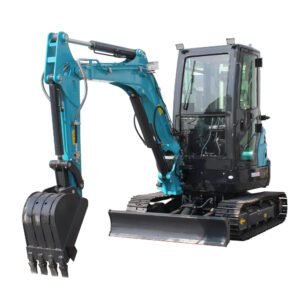
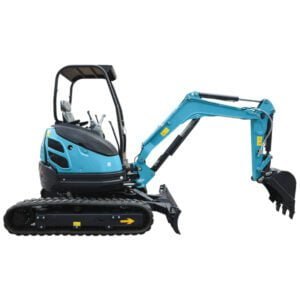
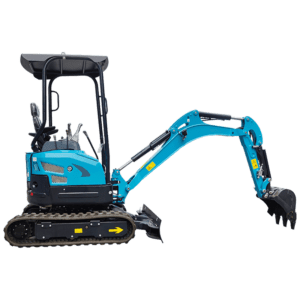

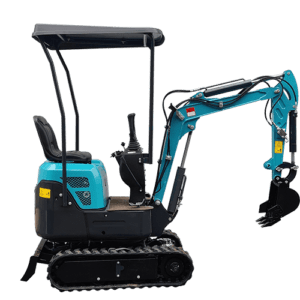

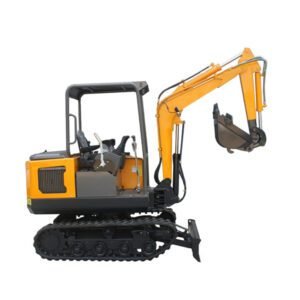

-1.png)